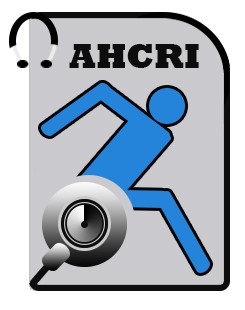Accessible Healthcare Rhode Island
Documenting Physical Access to Healthcare for All
|

|
Why Accessible Healthcare RI Is Needed?
Can you imagine making an appointment with a new medical provider and,
once arriving at the office, finding you cannot get in the door? Or not being
able to get on the exam table? What about not being weighed through an
entire pregnancy? Or being misdiagnosed because of incorrect positioning
due to not being able to get on the table?
These situations are happening every single day. Healthcare providers
think in terms of being helpful, but often don't think in terms of physical
access. Persons with disabilities need to know where they can go to access
those medical services that they need.
What Is Accessible Healthcare RI?
Accessible Healthcare RI is a project developed by a private group of individuals
that is designed to create an online searchable database of what healthcare services
in RI are accessible. Surveys will be conducted in medical facilities and private
medical offices to determine which services are accessible. ONLY positive elements
will be recorded. When the database is completed, persons with disabilities will
be able to ask questions like: "Where can I find a primary care doctor in Pawtucket
that has an accessible exam table?" That person should get back a list of practices
that meet that description. While conducting surveys, we will distribute information
on the requirements of the Americans with Disabilities Act and on the available tax
credits for creating access.
Our Goals:
Our primary goal is to provide persons with disabilities with an online searchable
database of where they can find the accessible healthcare they need.
We will accomplish this through surveying all healthcare services in RI for accessibility.
Students from local colleges and universities will be visiting your office to do this survey
over the next few months.
Our secondary goal is to give healthcare providers information: Why they should become
accessible; where they can get the standards for accessibility; tax credits to help them pay
for barrier removal.
Our third goal is to assess what still needs to be done and what
approaches, such as resource sharing, would help with that effort.
This project was made possible through a grant from the Rhode Island Department of Health, Disability & Health Program

